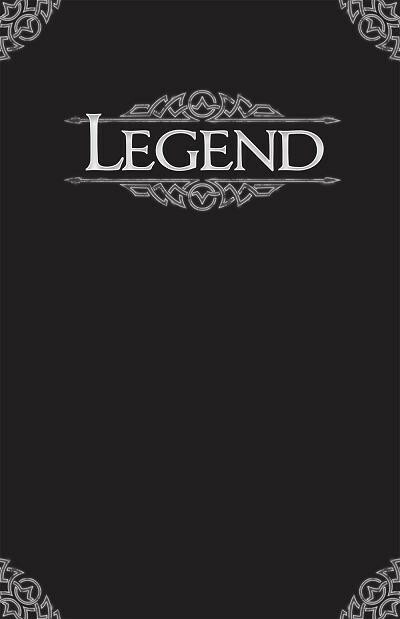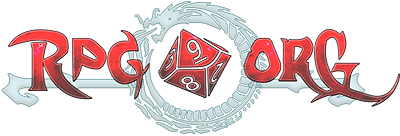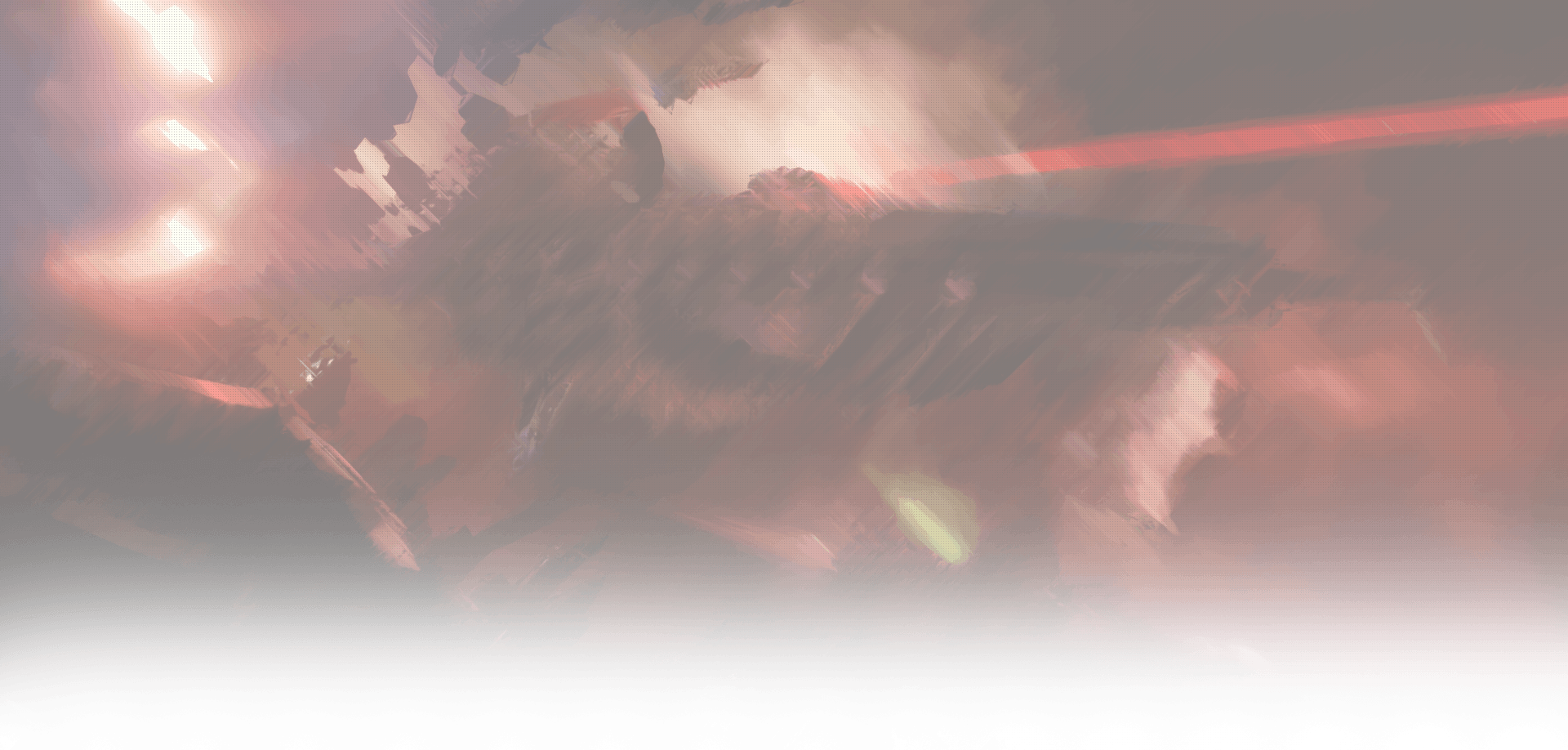
We followed Legend from it’s release, and since the core rulebook is available online for a single dollar, we had to buy it and review instantly. Let’s see, how good is it ?
Overview
As Legend is based upon on Runequest II, some of the information below maybe already known by many of you, but through the article I will assume that my readers don’t know the previous system.
The game’s core is a very flexible percentile-based system, while the success is often decided by a single d100 roll, however different levels of successes are possible. The characters skills and abilities are derived from it’s base characteristics and it’s experiences which is a good and somewhat realistic method to start with. So somebody with high Dexterity will act faster, shoot arrows better and even could dance nicer than a slow character, and not because he is a ranger. There are no classes or other hard-coded limits.
To give you a better look on the system, maybe I should start with the character generation.
Character generation
The flexibility of the Legend system means that almost any character concept you may imagine is possible. first, because any all and creature in Legend is defined in the same way, you may play almost anything as an adventurer. Of course, only if the GM allows it.
As I hinted on it before, all of the other statistics for an adventurer is dependent on one or more basic characteristic. There are seven characteristic in the game, Strength, Constitution, Size, Intelligence, Power, Dexterity and Charisma. I guess most of these are self explanatory, except two: Size is a somewhat abstract value about the generic mass, height etc. of the character, helping in hit points, but hindering if you try to fit through a small opening. Power on the other hand is about a “force of soul”, and the character’s innate magical ability.
The starting value for Basic skills and attributes are calculated from the Characteristics, while some of these are further modified by the character prior experience. For example, if he comes from a barbarian tribe he will know more weapons than an average city dweller. All of these calculations are really logical and easy to understand : a character with quick wits and reflexes will receive more action points, while a big bulky character receive more hit points on his body parts and a bigger offensive bonus, and somebody with high charisma and dexterity will be the best dancer.
The only surprising value here is the so called Improvement Roll Modifier, because it seems that somebody with high charisma has more chance to improve after an adventure. In short, he receive more rolls to try to learn something. Interesting.
As I said before the other thing which modifies a characters starting values it’s his prior experiences before adventuring. It has 3 parts : his cultural background, his chosen profession and his free skill points.
For background in Legend we have 4 to start with (Barbarian, Primitive, Nomad, Civilized) which provide some skill bonuses, new Advanced skills - these unlike Basic Skills are not known by everyone -, and sets the character starting wealth. We have to choose a profession to, which is limited by our background (there are no Barbarian alchemist’s) which gives us an another bunch of bonuses and Advanced skills, and then we left with the free skill points to improve existing skills or buy some new.
The last part of the character generation, is to create a background. I have to say, I really like that this part is included, as it gives a solid foundation for both the player and the Game Master to drawn upon. We get to know the character family, contacts, rivals, enemies and so on.
The game system
So we have a finished adventurer, but now, what to do with it ? As I mentioned before, success is determined by percentile rolls. for skills it’s modified by the difficulty of the task, and how fast you try to do it. There is always at least 5% chance to be successful, and 5% to failure no matter the skill level, while it’s also possible to get a critical success or a fumble. Additionally, in opposed checks the level of success is the deciding factor, so even if you rolled your percentile chance you could lose.
Characteristics and skills could be improved two ways : Improvement rolls and training. Improvement rolls is the equivalent of experience accumulated through adventuring, and you may increase a skill with 1d4+1 percent if the roll successful, or with 1 point if unsuccessful roll. You may trade a number of rolls to increase a characteristic if you would like to. Training on the other side is need a lots of time (weeks), a mentor and some money.
Combat in Legends is a very serious and deadly affair. However it’s a very cinematic system, with a lots of stunts and interesting options, so every fight will be memorable. In a single combat turn the characters could use their movement and their combat actions to act, and even save some actions to parry or evade in the opponent’s turn. For the combat actions the characters using their Combat style skills, most often in opposed checks against the opponent. There are some additional rules, like it’s easier to parry with a bigger weapon or shield so you won’t parry a great-axe with a dagger.
The most interesting part of the combat, are the combat manoeuvres. In an exchange the side with a significaly better roll could add 1-3 modifiers to his attack result, and so bypass armor, cause bigger damage or a bleeding wound, disarm, trip and so on. Some maneuver is limited by the weapon used (no impale with a hammer), the level of success, and by the characters side in the exchange (no riposte, if you are the attacker).
The damage caused on a body part has different effect : while you have hit points there is no problem, but a serious wound (negative HP) mean that no attacks could make a body part useless, which cause unconsciousness on a missed resilience roll. Major wounds (double original HP in damage) result is permanently maimed body parts or death, so as you may guess, it’s a thing what should be avoided.
Overall combat is very dynamic, and very risky, which is a great plus for me. Of course, this means a very different experience than your usual Dungeons & Dragons adventure.
It’s a kind of Magic, Magic, Magic...
Magic is divided into 3 parts in Legend : Common Magic, Divine Magic and Sorcery. Common Magic could be learned by anyone (or already known in some setting), Divine Magic takes it’s power from gods, and dedication towards them while Sorcery is the arcane craft what my be learned as a science. All magic use is based on skill, so while even Common Magic could cause dramatic effects (like a lightning bolt or a flaming weapon), magic is a very powerful but somewhat unreliable option.
Characters using their magic point to cast their Common Magic spells, what they regain by time or by meditation. Interestingly, dedication to a god (and therefore gaining divine spells) lower the magic point available for a character, but they receive an equal amount of divine spells in return. These spells are much stronger, and their availability and strength is directly related to the character god-related skills (lore and pact).
Sorcery on the other side is a different matter, as it’s the most free form of magic, with no need to please a god or without the limits of Common Magic. However what is needed is great knowledge about one or more Grimoires (to learn and successfully cast a spell) and Manipulation to increase the effect. Sorcery use the same magic points as common magic, and a lots of them, so it’s a good idea to learn the Meditation Advanced skill if you would like to be a mage.
Overall, magic is mostly limited by the number of spells available to a character, and some type of spells (like summoning magic, or creating undead) is scarily available or entirely nonexistent in the system.
Final words
I feel the system presented in Legend is really good, and logical. The only thing I feel somewhat limited is the Magic section, which could be improved by some ways to increase magic points above Power and with more variability in spells. The game premise that it's somewhat universal, but some parts (like the very deadly combat) limits it a little bit.
In the end, these are only minor problems, so I give it 4,5/5 and waiting for the expansions.
If you are interested, you may purchase both the Legend Core Rulebook and Monsters of Legend at DriveThruRPG.
Zoltán "Cain" Mészáros


